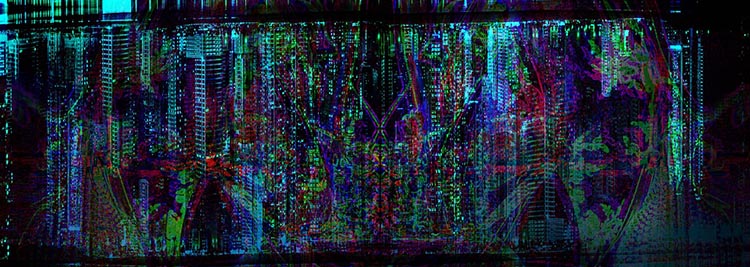 NFT gaming is emerging as the new big thing. Niche developers currently dominate the space, but some big players are positioning themselves to snatch market share — and Electronic Arts (EA) appears to be among them.
NFT gaming is emerging as the new big thing. Niche developers currently dominate the space, but some big players are positioning themselves to snatch market share — and Electronic Arts (EA) appears to be among them.
What’s EA’s stance on NFT gaming? What’s the current state of the NFT gaming market in general, and what legalities should game-fi startups consider? We break it all down below.
What Did EA’s CEO Say About NFT Gaming?
On a recent EA earnings call, CEO Andrew Wilson said “play-to-earn” is the “future of our industry,” but cautioned that the company is still in its exploration stage when it comes to blockchain-based gaming.
“I think that in the context of the games we create and the live services that we offer, collectible digital content is going to play a meaningful part in our future. […] So, it’s still early to tell, but I think we’re in a really good position, and we should expect us to kind of think more innovatively and creatively about that on a go-forward basis.”
What Is the NFT Gaming Model?
The game-fi (gaming + finance) model, as it stands now, accommodates revenue streams for both developers and players.
How Do Players Make Money in NFT Games?
One way players make money in NFT games is by earning engagement tokens. Typically, rewards increase the longer you play. Collected coins can usually be sold on exchanges for cash or as in-game currency.
How Do Companies Make Money from NFT Games?
The play-to-earn NFT gaming model presents several potential revenue streams for developers and publishers. For starters, many charge an up-front, one-time fee to play. Others have in-game assets for sale or take a commission from every token trade made on the platform.
Current Game-Fi Market Temperature
Play-to-earn NFT games are exponentially growing in popularity. However, it’s still experiencing some growing pains, and some developers — including Steam, the video game distribution service — have banned blockchain games for the time being.
On the flip side, EA is currently on the hunt for NFT- and blockchain-proficient engineers. Similarly, Ubisoft has created an NFT game development team. Yves Guillemot, Ubisoft’s CEO, told the IB Times that he wants his company “to be one of the key players” in the space.
Epic Games has also embraced the emerging market. In a tweet, founder Tim Sweeney said:
“Epic Games Store will welcome games that make use of blockchain tech provided they follow the relevant laws, disclose their terms, and are age-rated by an appropriate group. Though Epic’s not using crypto in our games, we welcome innovation in the areas of technology and finance.”
Legalities To Consider With NFT Gaming
Intellectual Property Laws
Intellectual property conflicts are a common type of NFT lawsuit. For example, a minter may neglect to secure permission to use a sound clip in an NFT and the musician who composed it sues for copyright violations.
Read More About NFT Intellectual Property Law:
State Money Transmitter Regulations
Every US state has different rules and regulations regarding cryptocurrencies, NFTs, and blockchain technology in general. If you’re planning to launch an NFT game, complying with these statutes must be a top priority. Failing to do so could lead to a giant legal entanglement.
Click here for a state-by-state breakdown of cryptocurrency and blockchain laws.
Terms of Service and Privacy Policies
At this regulatory stage, it’s vital to have proper terms of service and privacy policies for your websites and digital properties, including apps. It’s no longer safe — or smart — to use free terms and policies you find on the web. And it’s definitely not wise to copy and paste a competitor’s.
Anti-money Laundering Laws
Lawmakers are hyper concerned about the money laundering potential of cryptocurrencies and NFTs. As such, blockchain businesses must comply with a handful of federal and international statutes aimed at mitigating the problem.
Businesses must also comply with the applicable statutes and engage in the necessary due diligence to ensure they’re not being set up as the patsy in a laundering scheme.
Gambling Restrictions
Gambling is a highly regulated industry. When developing NFT games, it’s essential to avoid features that could be construed as gambling without properly registering. Consult with an NFT lawyer who can review the gameplay and advise on the applicable licensing and regulatory requirements.
Employment Regulations
Another often overlooked legality regarding NFT games is employment law. Is the game set up in a way where earners could make so much they’re considered employees? This is especially important for operations based in California and other jurisdictions with strict employment laws.
Connect With an NFT Gaming Lawyer
The Kelly Law Firm works with businesses, developers, and entrepreneurs on various NFT gaming matters. Get in touch today.





